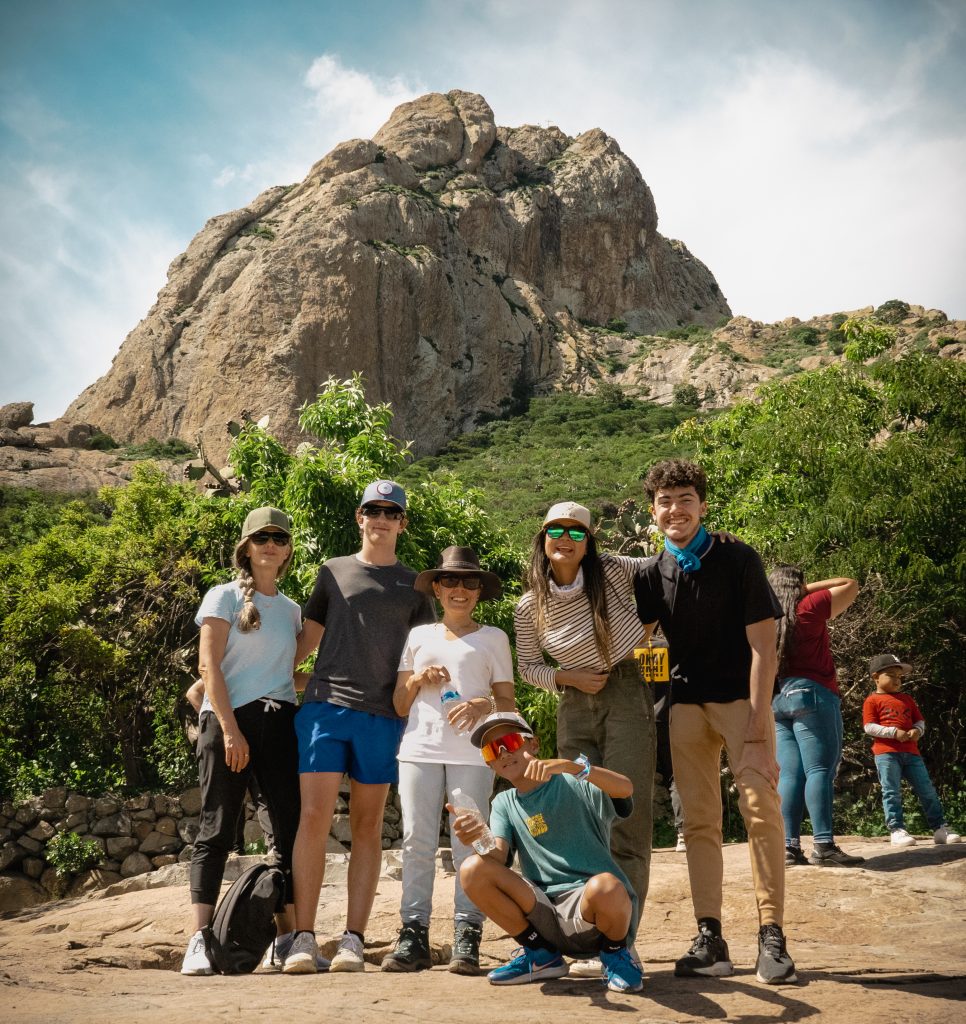From Gatekeepers to Facilitators
Rethinking the Role of Educators in the Digital Age
In today’s rapidly changing world, it’s more important than ever to be ready for the unexpected. As teachers, we frequently say that we are preparing students for the 21st-century, as if we are forgetting that we are already several decades into it. The skills required for the time we are living in and the future that lies ahead are still a topic of contention for many of us from older generations. This is where the next generation comes in. Young people, who will be our future leaders, must be given the opportunity to help determine which skills we should help them develop so that they can deal with the critical issues that will arise in the coming decades.
The reality is that many people currently making decisions, about what students need to learn, cannot even use modern tools such as AI or the apps that are coming online every day. We are being very shortsighted if we are not including youth voices in decisions that impact the future.
Democratic education is a way of teaching that has already been well studied and that gives a road map for including student voice and preparing young people to participate in society in a meaningful way. Democratic education is not a new idea, and it’s time we took it seriously if we want to prepare our students for the future and have a real democracy. In the short term, by giving kids a say in their education, we can boost their self-esteem and confidence. When students are given the opportunity to utilize their strengths for the majority of the day, their mental health can improve, and they are able to focus on their learning.
We must recognize, like it or not, that the educational landscape has radically changed and that schools must adapt accordingly. Some educators continue to assert that online education is ineffective. That is just false. We must acknowledge what our students already know — we can now learn virtually anything online. From repairing a toilet to building a computer or learning how to complete math homework, the information needed is just a few clicks away. Students can learn whatever they want online; type it into YouTube, and they’ll have many videos to choose from, and they can pick the one that works for the way they learn best. Information is getting easier to find, and artificial intelligence is making many classroom activities obsolete. Therefore, teachers must be creative to keep school relevant for their students.
The availability of information means that, as educators, we should be less concerned with being the gatekeepers of knowledge and more focused on helping our students acquire the tools they need to learn independently. Our classes should incorporate skills in critical thinking, problem-solving, ethics, and collaboration. These capabilities will benefit our students now and in whatever career paths they select in the future.
So what can we do to embrace this idea of democratic education and prepare our students to be 21st-century leaders? Here are three action steps to consider:
- Student voice matters: Allow them to create their own projects and co-create curricula. By allowing kids to have a say in their education, we can boost their self-esteem and maintain their motivation to become life-long learners. Students raise the bar for themselves academically when they feel their voices matter.
- Encourage collaboration: Students must learn how to collaborate effectively because solving problems and creating healthy societies is not a solitary endeavor. Promote group projects and allow students to collaborate to tackle issues they care about. Help them understand the long-term benefits of collaboration — since many students don’t initially like group work. Work together to set norms around collaboration and teach them skills for handling personality and communication differences.
- Use modern tools: Instead of prohibiting the latest technology, assist students in mastering its application. It is okay if they know more about these tools than you do; let them be the experts and instruct you and their peers. Watch the engagement in your class grow! Discuss the ethical application of technology and how it might contribute to a more just and equal society.
In conclusion, it is time for older generations to step aside and allow younger generations to assume leadership. We can better prepare our children for the future if we embrace democratic education and give young people the opportunity to become 21st-century leaders. Through curricula designed to develop transferable skills, such as critical thinking, problem-solving, and cooperation, we can provide students with the tools they need to succeed in the rapidly changing world they will soon inherit.
Some teachers fear they will no longer have a role in the classroom, because the knowledge students need is at their fingertips. While it is unethical to deny students access to modern technology, human teachers are still necessary because it is our responsibility to teach students how to critically evaluate these internet tools and the information obtained from them. I promise that, at the end of the day, being a facilitator is far more rewarding than being a gatekeeper. I have found that the more democratic my classroom is, the less burned out I am!

